Random Selection

Random Selection Method
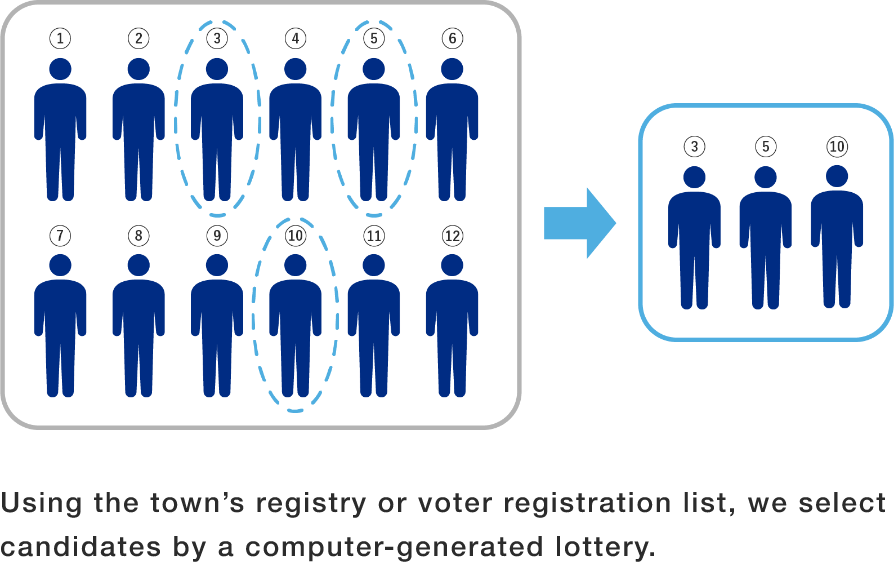
Participants are chosen by lottery-style random selection
A key aspect of the Residents Councils is that participating residents are selected randomly, and not by the government or other organizers. We send invitations to residents who are randomly selected from the town’s registry, and those who accept the invitation take part in the council. If we followed the conventional method, whereby participants are designated by the administration or recruited through a public appeal, the council members would always end up being the same, or would be limited to those whom the government wanted to select. Random selection allows for a wider range of participants—people of different ages, genders, neighborhoods, occupations, backgrounds, and values.
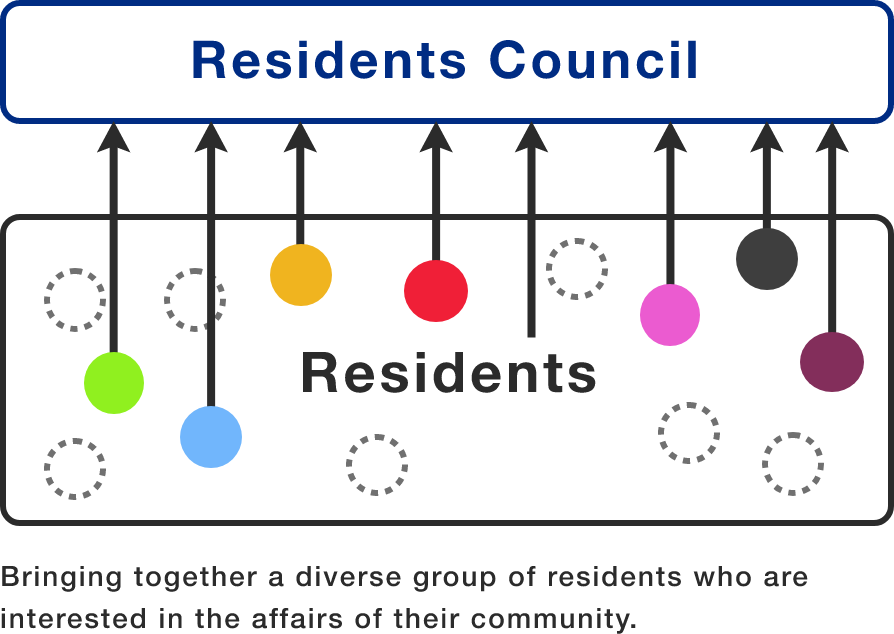
Ordinary residents engage in dialogue based on their lived experiences
Residents Council particiapnts often give us comments such as: “I didn’t think this kind of council was possible,” and “People with a variety of viewpoints can all express their opinions.” Thanks to random selection, we can involve people who are interested in government and community affairs but have never had the chance to be a part of them before. The dialogues are not based on technical jargon, but simply on the life experiences of ordinary residents. Those who participate in a Residents Council will likely find themselves having a better discussion than if they were elected government representatives.
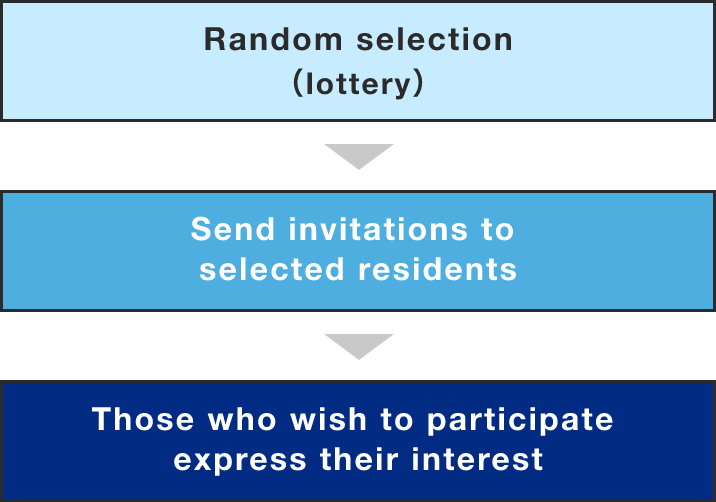
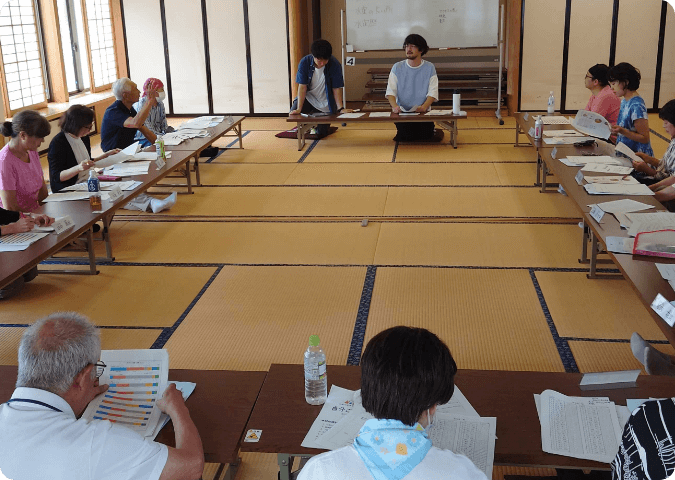
An average of 4% of randomly selected people choose to take part in the Residents Councils
If we were to randomly select 1,000 residents and send out invitations to a Residents Council, 50 residents might accept the invitation, so the participation rate would be 5%. In Germany, there is a similar method of citizen participation, called Planungszelle, and the participation rate is also said to be about 5%. While voter turnout in Japan is overwhelmingly low compared to the rest of the world, in the case of random selection, Japanese people’s interest in public affairs is comparable with other countries.
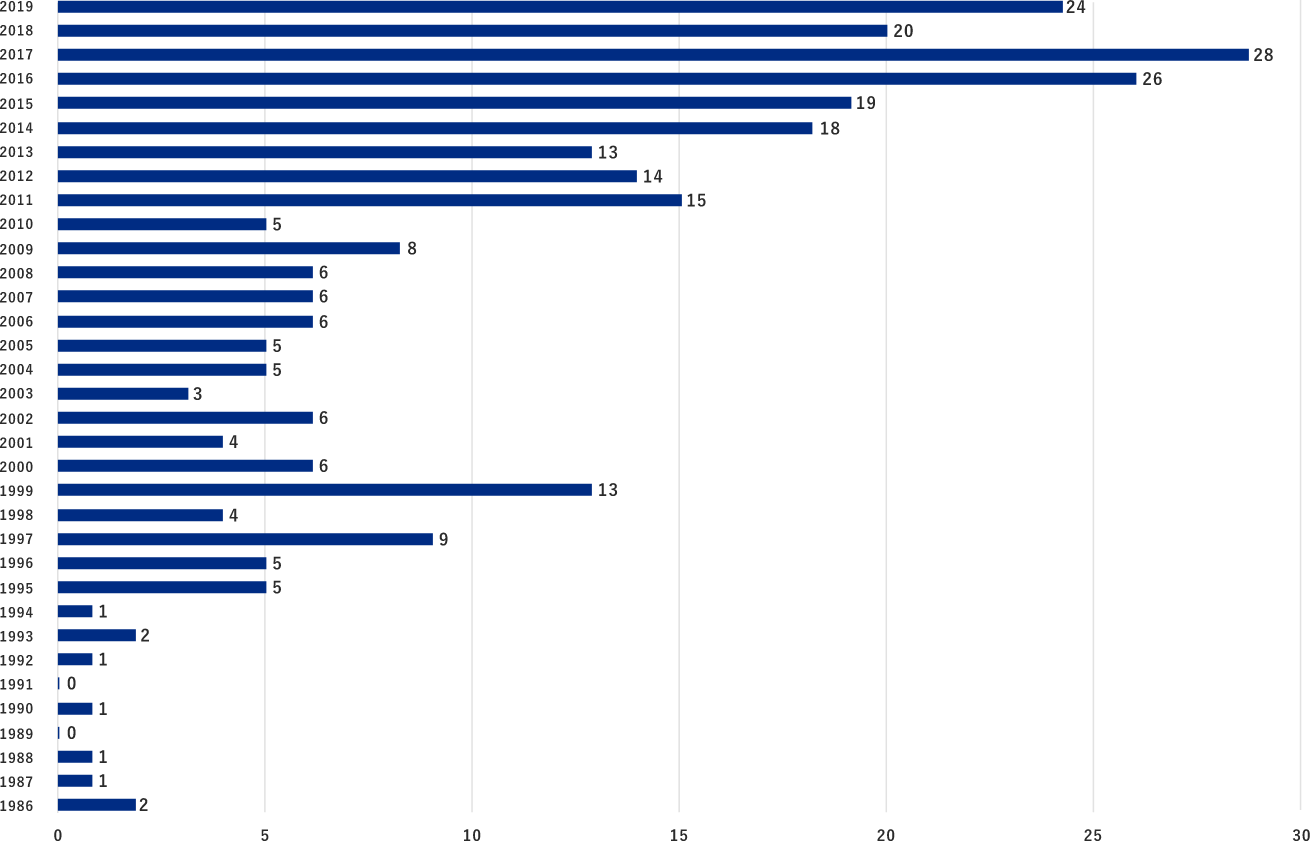
The deliberative wave has been building over time
Number of representative deliberative processes over time (total annually and on average per year), 1986-2019
Source: Innovative Citizen Participation and New Democratic Institutions: Catching the Deliberative Wave, OECD, published June 10, 2020.
The growing movement for random selection
Random selection is known throughout the world by various terms—including ‘democratic lottery,’ ‘civic lottery,’ and ‘sortition’—and is now being introduced in many regions, particularly in Europe. Its history dates back to ancient Greece, where a lottery was used to select public officials. From here on, as discussions deepen on how to reshape democracy, random selection will likely receive more and more attention.
